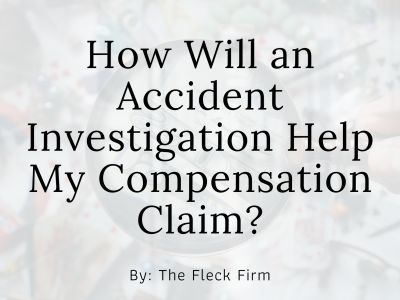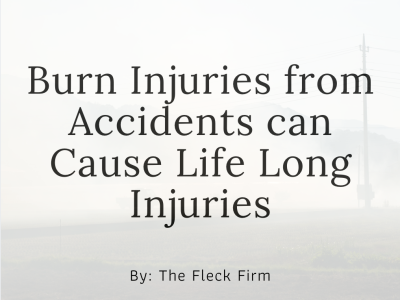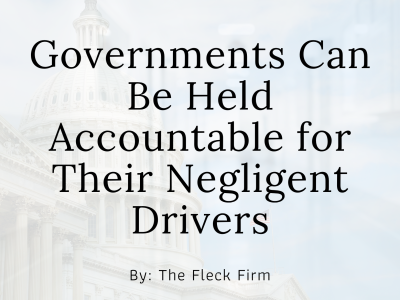When you think of California, you may think of Hollywood, beaches, and Silicon Valley. The state is also an agricultural powerhouse. The California Department of Food and Agriculture states that in 2023, their farmers sold $59.4 billion worth of more than 400 commodities (the value for Kentucky’s farmers was $8 billion that year). A recent industrial fire may have polluted valuable farmland, and local residents are concerned about longterm health effects from inhaling heavy metals in the smoke.
In January, an industrial plant using lithium-ion batteries to store energy in Monterey County burned for days. More than a thousand residents were evacuated, and local schools closed. The battery storage facility was the world’s largest in an industrial plant. Many residents reported feeling ill after inhaling the smoke and fumes, reports the New York Times. The Texas-based energy company operating the plant, Vistra, stated that about 100,000 lithium-ion battery modules were inside the facility, most of which were destroyed by the fire.
The area has massive strawberry fields that may or may not have been contaminated. Residents, state officials, public health researchers, and environmental experts are trying to understand the scope of the damage. They don’t know what was in the clouds of smoke from thousands of burning lithium-ion batteries, where it went, or what impact it may have.
What Pollutants Were Released?
Tests by a state agency, the Department of Toxic Substances Control, found the following at varying levels in soil at the plant and as far as about five miles away:
- Cobalt
- Nickel
- Copper
- Manganese
Local drinking water tests found these metals, but at levels that are believed to be safe. Air tests have not found heavy metal particles or hydrogen fluoride, a gas associated with the batteries.
San Jose State University researchers found that nickel, cobalt, and manganese levels significantly increased in topsoil samples in the Elkhorn Slough Reserve, an estuary next to the battery facility, compared to before the fire.
These soil testing results are cited in a lawsuit filed by a legal team on behalf of four residents seeking compensation for evacuation expenses, emotional distress, property damage, and income lost due to mandatory evacuations and later disruptions to their lives.
The plaintiffs’ lawyers say the defendants were negligent because of an insufficient fire-suppression system. Vistra and several other companies are named as defendants.
Other attorneys take contingent fees of 33% to 50% of your settlement.
We want you to keep more of your money.
Our contingent fee is only 30% on cases settled prior to filing suit.
How Might People Be Affected?
People who inhale high levels of heavy metals can suffer profound health effects. It can include the following:
- Throat irritation
- Lung inflammation
- Difficulty breathing
Manganese exposure can cause neurological damage.
Putting heavy metals into the soil has serious implications for farmers and field workers. They are advised to wear gloves and masks to protect themselves. Given their low incomes, not going to work isn’t an option.
Are You or a Loved One Injured Due to Toxic Exposure Caused by a Fire?
Toxic substances surround us. Businesses use them for many reasons. If one suffers a fire and you’re downwind, you may inhale hazardous chemicals, which may also damage your property.
Fires aren’t random events. They’re often caused by negligence, which can include:
- Chemicals are stored improperly
- A spark or open flame ignited chemical vapors
- Fire suppression systems aren’t up to the job
- Workers don’t use proper care, they don’t have equipment to do the job safely, they’re not sufficiently trained or supervised, and
- Management doesn’t understand how dangerous the situation is, or they don’t care
You may be entitled to compensation if you’re sickened or your property’s contaminated because of toxic exposure due to a fire. Call the Fleck Firm at (270) 446-7000 or complete our online contact form to schedule a free consultation.
We’ll discuss what happened, your injuries, and how we can help. Insurance companies have lawyers. You should have one, too.








